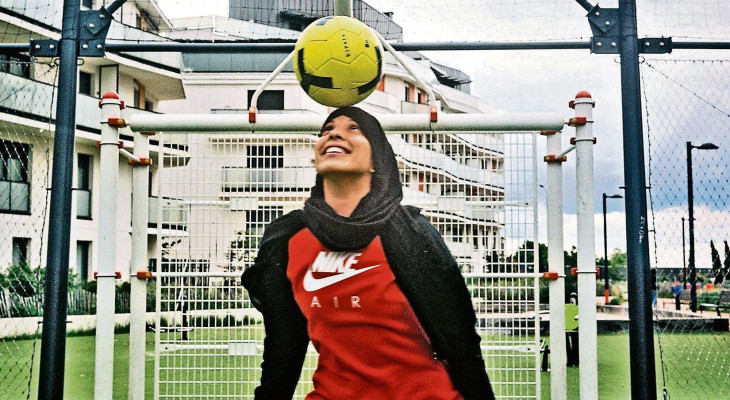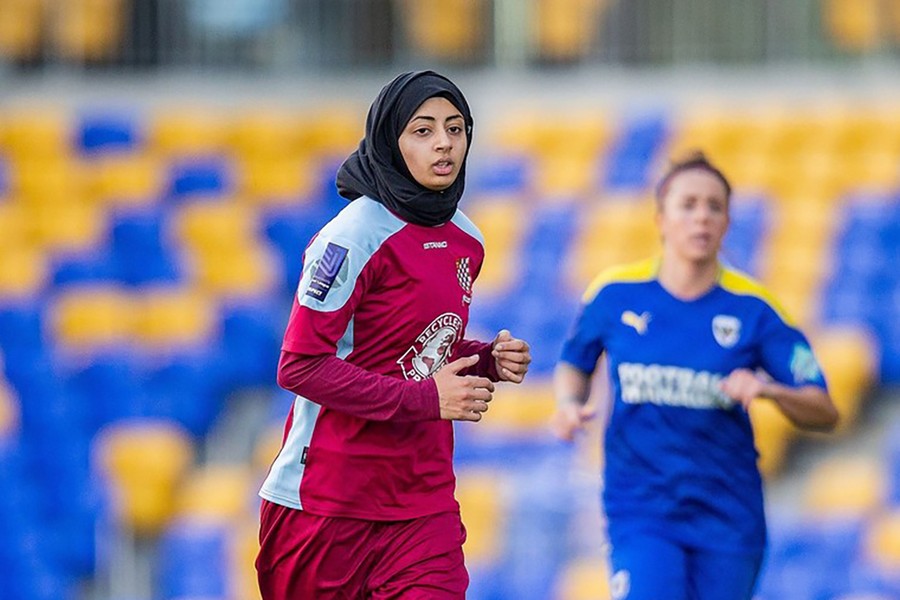France's highest administrative court banned women football players from wearing Islamic hijab headscarves on Thursday after politicians claimed secularism was threatened.
"Sporting federations whose task it is to ensure the good functioning of public services... can impose a neutrality requirement on their players in competitions and sporting events, to guarantee the smooth running of matches and any clashes or confrontation," the Constitutional Council stated.

It deemed "appropriate and proportionate" a French Football Federation (FFF) rule prohibiting "any sign or clothing clearly showing political, philosophical, religious, or union affiliation" during play.
The action was initiated by a group of Muslim women players known as the "Hijabeuses" in response to the FFF policy.
Did you read this?
The FFF stated that it had "taken note" of the verdict and "reaffirms the republican and civic values that bring football to life, as well as its total commitment to fighting all forms of discrimination and promoting female-male equality."
According to Marion Ogier, a lawyer for the "Hijabeuses," the verdict "upsets secularism and freedom of expression" and "abuses 30 years of legal precedent" on the subject.
"This decision goes against social cohesion in a country founded on diversity and pluralism," she told AFP.

Judges faced political pressure ahead of the verdict as mainstream parties sought to counter the radical right, which was polling well.
Secularism is a contentious issue in France, with supporters portraying it as a means of ensuring the state's religious neutrality and detractors portraying it as a dog whistle against ethnic and religious minorities, particularly Muslims.
On Wednesday, The Constitutional Council responded to "attacks on the administrative branch, particularly the legal advisor."
The body declared that questioning the workings of the courts constituted an "attack on an institution that is essential for democracy," and that it might take legal action in cases of "insult, defamation, incitement to hatred, or threats."









